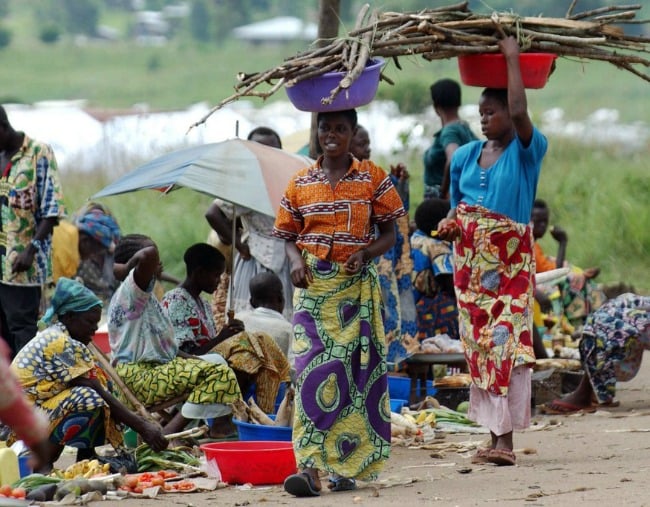By Elisabet le Roux, Stellenbosch University
After decades of advocacy, a global summit was finally convened in London three years ago to find a way of ending sexual violence in conflict situations. The aim was to focus attention on this often-overlooked aspect of warfare.
While this is right and good, over emphasising conflict-related sexual violence runs the risk of making us lose sight of the fact that a war zone is not the most dangerous place for a woman. Her home is.
Nearly a third (30 per cent) of women worldwide in intimate relationships will experience violence at the hands of their partners. This is according to the World Health Organisation, the London School of Hygiene and Tropical Medicine and the South African Medical Research Council.
Globally, about 38 per cent of all women murdered die at the hands of their intimate partners.
South Africa is a case in point. According to a 2016 health and democratic survey, a fifth (21 per cent) of women over 18 years old in intimate relationships have experienced physical violence from a partner; six per cent experienced sexual violence from a partner. And a retrospective national study published in 2009 put the South African mortality rate from intimate partner violence at 8.8 per 100 000 women – twice as high as the USA.
Not that America is a safe place for women. The Centre for Disease Control’s 2010 National Intimate Partner and Sexual Violence Survey found that 9.4 per cent of women have been raped by intimate partners in their lifetime. 15.9 per cent of women have experienced sexual intimate partner violence other than rape, and nearly 33 per cent of women have been subjected to physical violence at the hands of their partners.

